Day 868 of 1000
Betty Blonde #34 – 09/02/2008
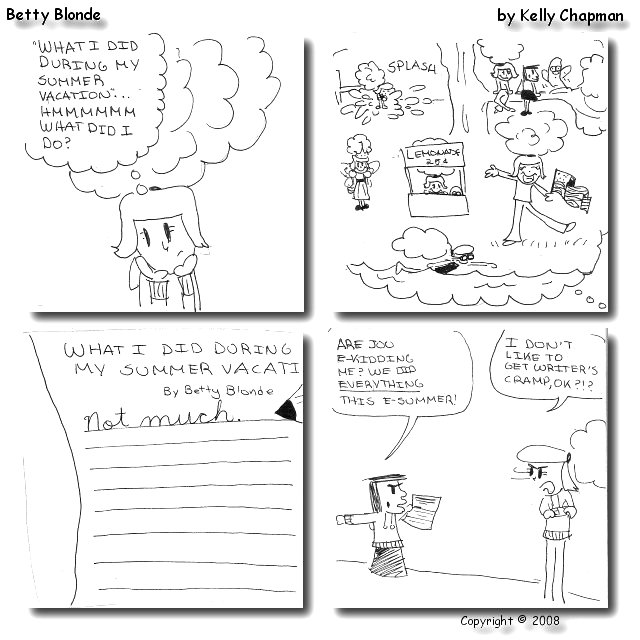
Click here or on the image to see full size strip.
Hello Kendra, Thanks again for the second set of great questions. Again, here is my best shot at the answers below.
(1) In answer to my first question you reply: In the case of the History and Biology, Kelly had already been through fairly rigorous, full year programs that covered the material at the Freshman or Sophomore year in high school. Was this one particular brand of curriculum or you the parent going beyond what the curriculum offered? I’ve read the posts describing your happiness with Sonlight. Is Sonlight that rigorous or did you augment the curriculum?
The answer to these questions differ, so I give you a three part answer with what happened with Kelly for Biology, U.S. History, and Western History. I should make a very special side note that the ability to pass these tests had as much to do with memorization skills as it did the understanding of the material.
- Biology — As part of the Sonlight program we used Apologia Biology. It took her an entire school year to complete that according to the Sonlight schedule. She almost certainly would have failed if she had only taken the CLEP exam without further preparation. Still, it was a fine introduction to Biology and completely adequate to prepare her to understand the material in the REA CLEP Biology preparation book. This one was a memorization meat grinder.
- History (Western Civilization 1 and 2) — The homeschool curriculum Kelly used to prepare to engage with the REA prep books for these two tests. this was, again, a bit of a memorization grind, but not impossible.
- History (U.S. History 1 and 2) We loved Sonlight’s programs, but felt their worst program by far was their U.S. History program. I have written about that in some detail. Kelly followed the program, but then we actually re-did U.S. History with something we put together ourselves that we felt was absolutely stellar in preparing her to engage with the REA prep books. One more time, there was a lot of memorization involved.
(2) In Texas, there are no regulations requiring me to test my children. I do plan to have them take the SAT and ACT. Are there other tests you suggest? And do you know if there is an age limit for these tests? Provided a student earns a score high enough for college enrollment, is the college required to allow that student to enroll regardless of their age?
We have very good friends in McKinney, Texas who followed a very similar program as our own with the exception that they took no CLEP tests. During the last two years of what would have been their high school, they enrolled in a community college that was extremely supportive of homeschool students. Unlike us, they did what might be considered a dual-enrollment program. They finished “high school” with two years of college credit. They have just finished their first semester at UT Dallas in Engineering and Pre-medicine. Both of them main 4.0 GPA’s and received quite good scholarships. I think the answer to this test depends both on the community college where you want to enroll them and whether you enroll them full time or under a special program. I think the kids need the ACT or SAT if they want to enroll full time, but probably not if they are in one of the special programs that cater to homeschoolers and public/private school dual enrollment kids. Normally, when kids enter a community college, they are tested for placement into Math and/or English, but that depends on the community college.
I know our friends were tied into the homeschool community in their area and used a homeschool consultant who was a tremendous help. I do not know whether or not they paid the consultant anything, but if they did, I doubt if it was very much. The consultant knew a lot about college requirements at the community and four year college level, how to best get scholarships in these kinds of situations, and stuff particular to Texas. I guess there are some pitfalls in with respect to scholarships in Texas if you do not do things in the right order–there certainly are in North Carolina.
(3) I viewed the Duke TIP website earlier. I do not see how you register your child for this. Will you give advice on that?
The Duke TIP test is either the ACT or the SAT and it is given to qualifying seventh graders in the Southern states including Texas. If you do not have a student in the seventh grade, I do not think I would bother. Here is the link to the sign-up page. Actually, the ONLY thing the Duke TIP thing did for us was get the kids into taking the test every year. Because Christian qualified for the test, we had both the kids take it together and it helped us realize they were ready for college. I think it was a big confidence builder in helping us to decide to go ahead and put them in college.
(4) Question 4 above regarding high school transcripts – you write you created a transcript for Christian after his 8th grade year. I’m thinking of a traditional high school transcript including Geometry, Algebra II, etc. Had he already taken those courses by 8th grade?
Christian had taken math about half way through Precalculus, Biology, Chemistry, and all the stuff that would be required for a high school transcript. When I made up the transcripts, I used material he learned in 7th and 8th grade and even earlier as high school credit. Fortunately, we kept very detailed records of all of our homeschool programs and their results, so this was fairly easy. There are lots of examples of how to do this online. The kids wrote footnoted research papers from the time Christian was in the third grade and Kelly was in fifth grade. I have links to them here. They transcripts were very well received by the community college. I think the kids test scores gave them credibility. I adjusted the transcripts some when they went to NCSU. They were well received there, too.
(5) I’ve read your children had good experiences sharing a college class and meeting new people. Did they ever experience negative attitudes from college teachers or other students?
Christian is fairly quiet and Kelly is very outgoing. The say they were pretty scared when they started community college, but were used to talking to adults when they got there, even though a lot of the people at community college were pretty immature. Almost without exception, the instructors and students treated them very well. They made friends with a wide range of different people from the community college and stay in touch with about seven or eight of them even now that they have been out for over a year and a half. Some of the stand-outs include an Iraq war vet who was 28 years old when he met them, a couple of kids from Venezuela, a lot of people starting at the community college to save money or to start over, etc. They also stay in touch with their Math instructor who was a mentor to them. One thing that worked in their favor is that when the students and teachers found out that they were humble and worked hard, they kind of got adopted. All in all, the vast majority of the people at the school, teachers, students, and administrators, were very, very supportive of the kids. It was a little harder when they got to NCSU because they entered there as Juniors, but still were required to go to Freshman orientation. The incoming Freshmen we dramatically less mature than the kids, mostly engineering, math, and science majors, who were generally paying for their own education at the community college. The administration and professors at NCSU have been very good to our kids and they have prospered socially as well as academically.
(6) Do you have any experience with any nationally recognized homeschool honor society or homeschool co-op?
We did not participate in homeschool co-ops or honor societies. It did not appear to hurt us at all. If we had to do it over, we would find some ways to do more structured volunteer work that would help the kids college applications, but that is about the only thing we might have done differently. We participated extensively in organized sports and music–swimming, gymnastics, soccer, piano, guitar, etc. Our friends in Texas did it a little differently. They participated in organized volunteer activities, job following, peer court (acting as judges and lawyers in a formal court setting), Youth Symphony, and lots of stuff like that. Things like Red Cross certifications (CPR, Life guarding, etc.) were also good. We participated extensively in church activities. I think because of their increased participation in organized community activities they were able to get better scholarships than our kids.
(7) In your experience, did either college want to know if your children did any community service? My area has a few homeschool co-ops. The main purpose seems to be to have someone else teach your children a subject you are not comfortable teaching as well as providing your child a place to earn some community hours. The flip side is you must pay dues and attend meetings to each one of these organizations – extra time and money.
Documented community service would be quite a good thing. I think it is pretty important when it comes to scholarships. We taught all the materials ourselves. Sometimes that was an excuse for me to learn new material myself–it was particularly educational and fund in the area of Art.
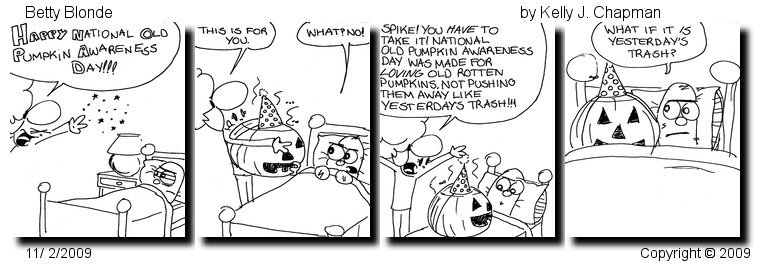

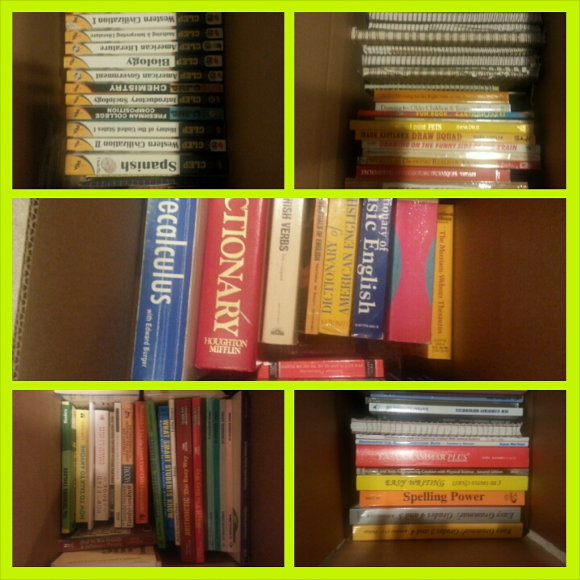
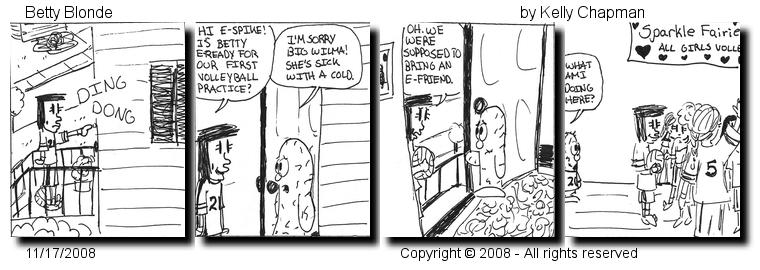

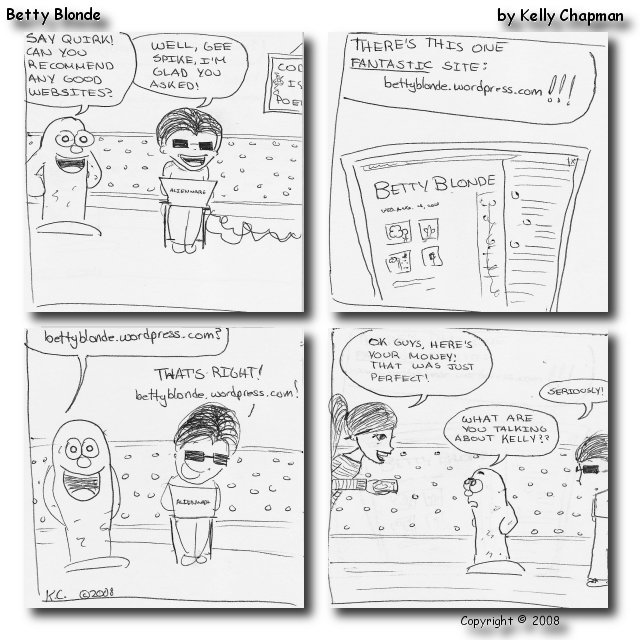
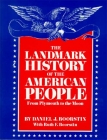

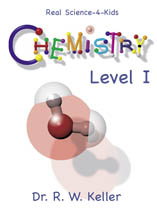
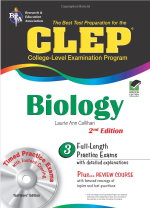
Day 881 of 1000
Answers to Homeschool Questions Series Index
A blog friend, Kendra, has asked a series of questions about how we did our homeschooling with a particular interest in how to use CLEP testing and other tools to skip high school, or at least parts of it. This is the third in the series of questions.
One of the things on which we had agreement with our children was that they could do whatever they wanted in graduate school, but because they were still essentially of high school age during at least the first two years of college, they needed to study something hard. That meant there would be a very strong focus on mathematics. As I have mentioned in other places in the blog, Kelly is in the last semester of a degree in Statistics and Christian is in the last semester of a degree in Applied Mathematics. So, with three months left, Kelly’s grades are currently at the level to graduate Magna Cum Laude while Christian is on schedule to graduate Summa Cum Laude with an honors degree. I only said that to say that the way we did Mathematics in our homeschool appear to have been good preparation for Mathematics intensive degrees. I should note that we got great prices at Sonlight, so we bought these programs there. So here is what we did:
Singapore Math – We started with Saxon Math in elementary school. It worked well for us, but it did not create a lot of excitement with the kids, so I did research over the summer and settled on Singapore Math. We absolutely loved it. It seemed to allow the kids to learn the material faster at the same time it was more interesting to them. We did about a year and a half worth of Singapore Math each year and that did not seem to be an onerous work load for the kids. They still loved the program when we finished it at the end of the (Singapore Math) sixth grade year.
Teaching Textbooks – We tried to use the Singapore Math offering when Kelly finished up the last of the Sixth Grade books. After about a month, we gave up and looked for something else, because it was just not working. I did an investigation, found several options that looked OK and decided to take a chance on what was not a completely mature program at the time, Teaching Textbooks. It was nothing short of awesome. The kids both did Pre-Algebra, Geometry, Algebra I, Algebra II with Teaching Textbooks. We purchased the Pre-Calculus program for Kelly when she got to it, but it was very immature at the time. I have heard that it has been dramatically improved and we probably would not have changed if that program had been better at the time.
Thinkwell Math – When we knew we needed to switch from Teaching Textbooks for Pre-Calculus, I went through another investigation phase and received very good reports about Thinkwell Math. It is an online course that is absolutely excellent. Kelly went through their entire Pre-Calculus program in conjunction with the REA Pre-Calculus CLEP preparation book. She easily passed the Pre-Calculus. Christian got through almost exactly half of that course before he had to take the Community College Mathemetics placement test. That half year was enough to place him into Calculus I where he did well.
Like you, we used Apologia starting with Physical Science and going on to Biology both of which appeared on both Kelly’s and Christian’s high school transcripts. That was the last of their homeschool science. Kelly then spent six months going through the REA Biology CLEP preparation book and was able to pass that test with a fairly high score. Neither Christian nor Kelly had any problem with Biology in college. That being said, Christian had to do some pretty serious preparation to be able to handle Chemistry in college, but his strong Mathematics background made Physics pretty straightforward for him. Kelly did not take Chemistry or Physics in college.
History was a little bit of a problem for us. Kelly brute forced her way through the REA CLEP preparation books to pass four CLEP history tests (Western Civilization 1 & 2 and US History 1 & 2). Christian took Western Civilization 1 and 2 at the community college and did well in them based on the preparation he got in homeschool. We think the Sonlight programs served our children very, very well in this regard with one exception. We think Sonlight’s high school US History program based on the Joy Hakim books is abysmal. We put a US History program together for ourselves that we absolutely loved. I discuss what we did here, here, here, here and here. All this being said, unless your kids are memorization machines, the CLEP History exams can be pretty rough. Kelly is a pretty gifted/disciplined memorizer, but passing all those tests was a chore and Christian really enjoyed his History at the Community College because he got a great teacher.
This does not seem like a bad goal with the cavaet about the History. The REA CLEP preparation books were our friends in passing the tests.
Big State U (in our case North Carolina State University, but I know this to be true about the vast bulk of Univerisities in the country) gives credit but not grades for passed CLEP tests and Community College classes. I know when I started college at Big State U (Oregon State University), I was academically, but not mentally nor social prepared for college, so my grades suffered greatly the first two semesters. I spent my entire Bachelor’s degree trying to make up for those semesters. Our kids did better than me during their first too semesters, but have done dramatically better since then. The upshot is that all one has to do to get the credits for the CLEP test is to get the minimum score accepted by the University. All one has to do to earn credits for the Community College is to get high enough overall grades to get accepted at the University of choice. Anything that is a C or above gets converted to a PASS. The kids get a clean slate GPA-wise when they enter Big State U. That was a very good thing for us.
This is a very good point. If we had this to do over we would have studied for only those CLEP tests the kids did not enjoy, so they did not have to deal with it any more. Because of our errors, we got Kelly into Community College (with a boatload of credits) after her Sophomore year of high school. We would have put her in after her eight grade year with that do-over.
I hope that helps! Loved the questions!
Betty Blonde #47 – 09/19/2008

Click here or on the image to see full size strip.